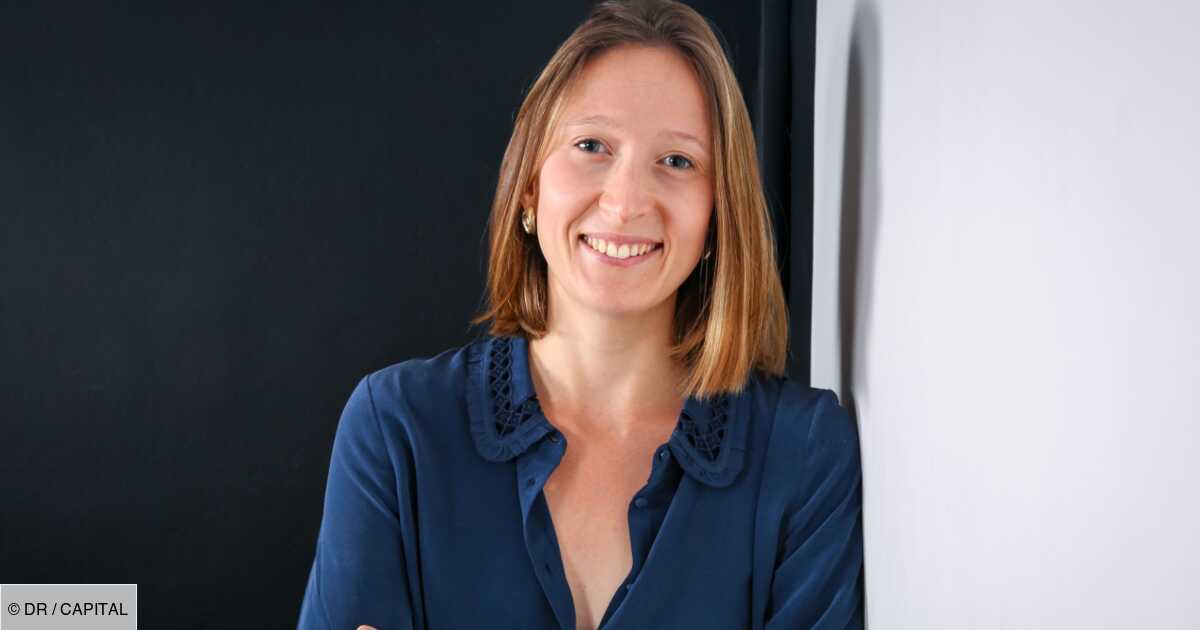It’s 2015. Bitcoiners gather every month in a small bar in the 2nd arrondissement of Paris to pay for their beers in bitcoins and debate the size of the blocks. They help newbies put together a portfolio before they get some sit start. There is mockery at the sight of a paid Bitcoin event on a topic that is open source after all.
The banks refuse to hear about crypto and the nerds we meet at bitcoin gatherings feel an undisguised bitterness towards these institutions. The rare entrepreneurs in the sector post bank account closure letters in their offices. Their hope is not even to be accepted by the banks, but to survive without them.
Back in 2024. The water has (or almost) flown under the bridge.
Societe Generale is recruiting the institutional sales director from Coinbase. Merrill Lynch and Wells Fargo, two of the largest US banks offer Bitcoin ETFs to their customers. Commerzbank has obtained its crypto license in Germany. Although most banks in France are discreet about their intentions, most have already announced partnerships with custody services (BNP Paribas with Metaco, Crédit Agricole with Taurus, etc.). All that remains is for the ECB to say so Bitcoin will soon be worth zero.
Standardization of the crypto sector
Things have also changed on the crypto side. The sector’s social events now take place in the major Parisian hotels. We are celebrating the birth of spot Bitcoin ETFs in the United States and we are happy that Bitcoin has become like any other accessible asset. It must be admitted that for many this is good for the wallet. Little remains but the maximalists of old who are discreet – even skeptical – of this growing adoption.
This idyll between the crypto world and big finance provides food for thought for both opponents of cryptos and the financial world. A bit of mocking music spreads: “So crypto brothers, shall we join forces with finance? “. A melody that insinuates that crypto ideologies hide enormous greed, or that financial pragmatism is the mask of a reactionary ideology. But the most conspiratorial ones may not be where we think they are.
The reality is indeed much more banal. In this story, crypto companies didn’t really have a choice in this merger. Because having beliefs is good, but surviving is better.
The devilish alliance with big finance starts with an essential step in starting and maintaining a business: the bank account. We cannot say what is more difficult for a crypto entrepreneur: getting a bank account or operating without a bank account? Some French and Swiss entrepreneurs have tried to build businesses without having a current account. Technically and economically, a company can very well operate only in cryptos. Legally and administratively, however, it is a different story. Between the obstacles to company registration and the – theoretically – illegal payment of employees in crypto… Escaping the banking world quickly becomes an impossible mission.
A ubiquitous and unstoppable banking sector…
We could have imagined a minimal link, because after all we can have a bank account (if we can realize it) without being an ally of big business. Yes, but here it is: the barriers to entry are increasing. PSAN registration with the AMF (Financial Markets Authority), then approval. Obligations to combat money laundering and the financing of terrorism (AML-CFT). ACPR (Prudential Review and Resolution Authority) controls. So many steps and obligations have been decided to protect investors from the risk of scams.
Regulations separated the idealists from the pragmatists and led crypto entrepreneurs looking to survive to appropriate the codes of the traditional financial world. We are witnessing a harmonization of social and professional codes: regulators and investment funds are naturally reassured by profiles that resemble those they are already used to.
The original pioneers, often technical and/or committed profiles, rarely from the traditional elite, refused or failed to fit the model. Those who wanted to ensure social and professional integration were forced to accept a form of ambivalence.
It wasn’t the ‘crypto bros’ nor the crypto companies that wanted to connect with traditional finance. It is the politicians and regulators who are at the origin of this rapprochement between two worlds that carefully avoided each other.
Who benefits from this forced marriage? If it was presented as the solution to protect consumers, it also and above all benefits… the giants of the banking sector. They don’t give up on their beliefs (they don’t have any), continue to close bank accounts (professional or personal) related to crypto, avoid the emergence of a true alternative industry, and provide a boulevard for future crypto activity that have become lucrative. Jackpot.
While the interactions between crypto and the financial world are attracting attention, the tacit and troubling agreement between banks and regulators is much more fundamental to the architecture of global finance. And what if the true alliance were not sought in that direction?
Co-founder and CEO of the consultancy firm Blockchain Partner and then director of blockchain & cryptos at KPMG France from 2021, following the merger of the two companies, Claire Balva is now vice president in charge of strategy at Unblock, checking account solution compatible with cryptos. Author, she is also a consultant at BFM Business.

